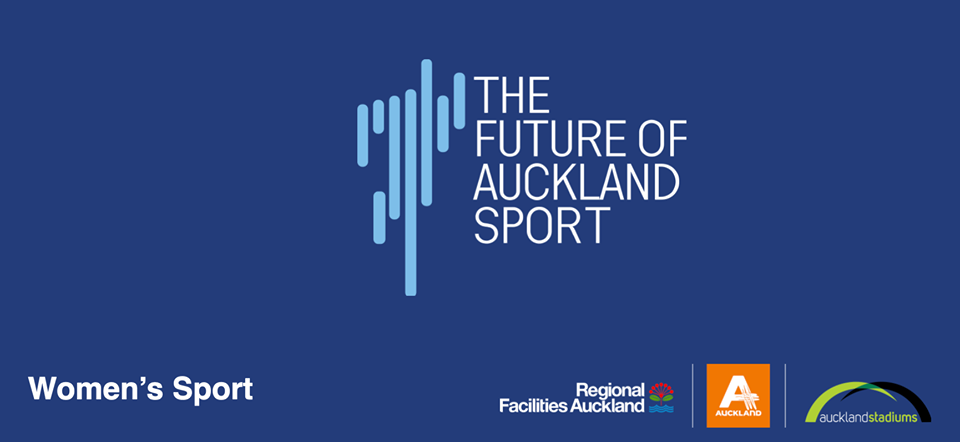Triple Olympic medalist Barbara Kendall has called on New Zealand sporting organisations to hit the reset button and take advantage of the country’s natural advantages in a pandemic-struck era.
Kendall told new social media voice United Via Sport she is aghast at the damage and destruction Covid-19 is wreaking globally but said Aotearoa could be the ultimate sporting playground for athletes wanting to come, train…and live and represent.
“I have been contacted by two or three of my friends living overseas, wanting to bring their families here and get residency here,” Kendall said. “If I was Jacinda, I would be saying ‘I want you and you and you’. They are outstanding individuals and would be great assets to our country. I know many others that want to come and train here in the European winter, saying it is worth the two weeks of isolation to come here and train safely.”
New Zealand Olympic Committee CEO Kereyn Smith echoed those sentiments during the one-hour show, saying the world is coming to New Zealand for three upcoming women’s World Cups in cricket, rugby and football…and the country has become “very attractive” to overseas athletes.
“Our competitive advantage in terms of attracting people to live, hosting events and as a training ground – we have the greatest training ground in the world; that is a massive opportunity,” said Smith.
Both were speaking on ‘The Future Of Auckland Sport’ live webcast - backed by Regional Facilities Auckland and Auckland Tourism, Events and Economic Development (ATEED) and led by new social media voice United Via Sport - in the first of three episodes exploring women’s, community and high performance sport in a pandemic-struck environment. This week’s 60-minute presentation from the Herald Theatre highlighted the challenges and opportunities for girls and women of all ages and abilities to access and participate in sport in the Auckland region.
A remarkable lineup of guests and panelists featured former Olympic Games gold medalist Barbara Kendall, Football Foundation Chief Executive and former Football Fern Dr Michelle Cox, Netball NZ Chief Executive Jennie Wylie, Waka Ama New Zealand Chief Executive Lara Collins, former Black Fern and now NZ Rugby Women‘s Rugby Development Manager Vania Wolfgramm and NZOC CEO Kereyn Smith.
While inbound athletes might be a focus for elite sport, one of the major issues highlighted by the panel was the ability of all girls and women to access community sport, regardless of their socio-economic or ethnic background, and the need for better facilities to encourage women’s continued engagement.
“If we are going to be sustainable and really talking to the heart of diversity in sport, I hope that one day we have the same offerings and opportunities for women and our Pasifika and Maori people that have historically been offered to men,” former Black Fern Vania Wolfgramm said. “I hope that it just becomes the norm, that in conversation we are not speaking about ‘women’s rugby’, but just talking about rugby, with equal offerings for everyone.”
Netball New Zealand Chief executive Jennie Wylie reiterated those comments, going further to say that female sport is not placed on an equal playing field.
“There is a systemic inequity throughout New Zealand in the way that girls and women are funded in sport, particularly in Auckland. We know the largest funder in facilities and other areas of sport is Council (and) we want to be at the table with Council to discuss how we ensure there are facilities for female umpires, referees, and players in all facilities.”
Wyllie says the diversity of new Aucklanders is also important: “We know the Asian population in Auckland is growing massively but do we know how they want to participate in sport? We may not have the answers to that right now, but we cannot assume that cricket, netball, football and waka ama is naturally in their DNA. We have to start thinking differently and learn how to connect in what is going to be a new dynamic in Auckland,” Wylie said.
Waka Ama New Zealand Chief Executive Lara Collins says her organisation is currently researching to find out why their sport is seen as particularly inclusive, (happily) over-represented by women and extremely popular with the Maori and Pasifika communities.
“We actually have more women than men,” Collins said. “We are very inclusive and cater from five to 85, cradle to grave spectrum. We are doing some work and research currently to find out why women are more dominant than men across our sport, but one of the reasons we believe is that we are very inclusive, a sport where the children, mum and dad and the grandparents can all participate at the same time.”
The panel went on to discuss many different issues facing women’s sport in Auckland and the wider New Zealand community, offering thoughts on key initiatives that might address their challenges, including:
- Facilities
- Funding
- World Cup legacy programmes (relating to Rugby, Cricket and Football World Cups)
- Inequity
- Diversity
- Collaboration
- Governance
- Balance between community and high-performance sport
The focus on women in sport will be followed in a fortnight by a webcast on community sport (August 18) and, a week later, by a show exploring the future for high-performance sport in the region (August 27). The guest line-up for episode two, going to air at 11am on August 18, will be confirmed on @unitedviasport Facebook page.
The Future of Auckland Sport series is made possible thanks to the support of Regional Facilities Auckland and Auckland Tourism, Events and Economic Development (ATEED).

